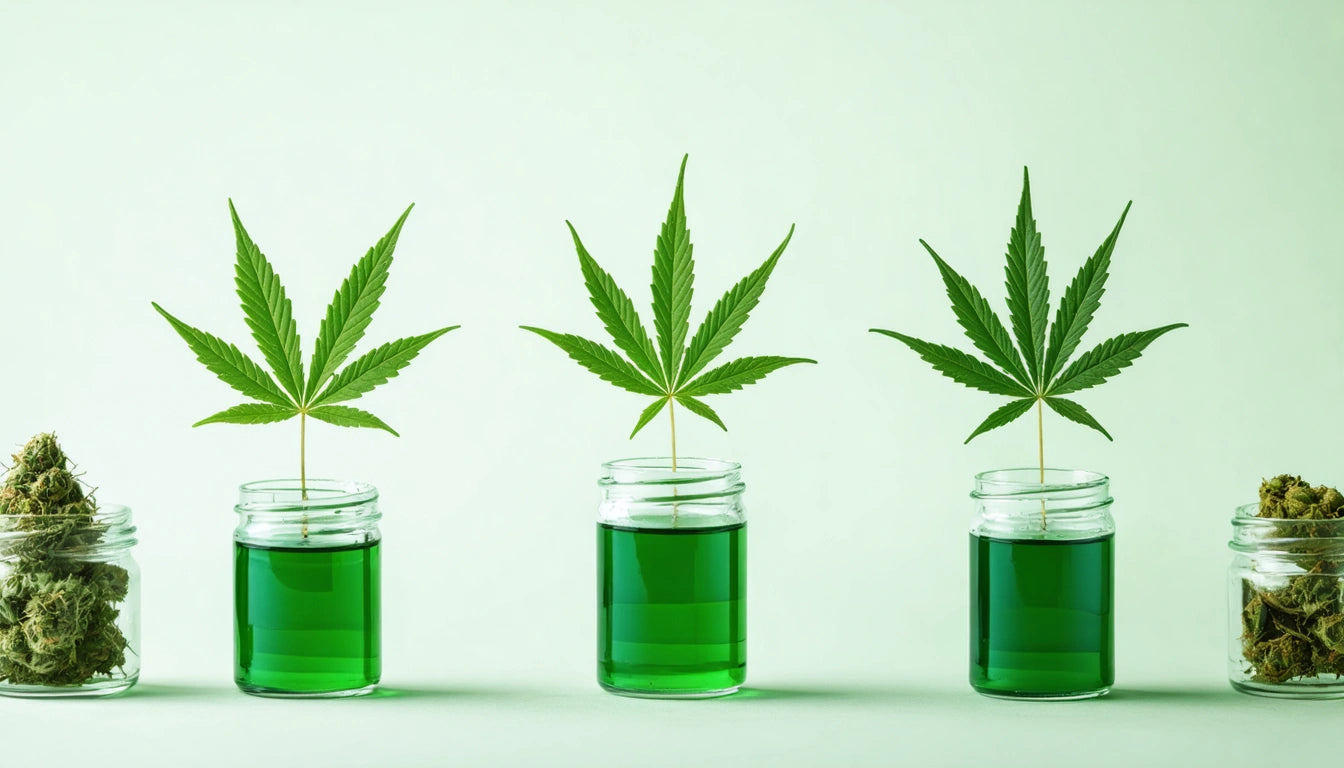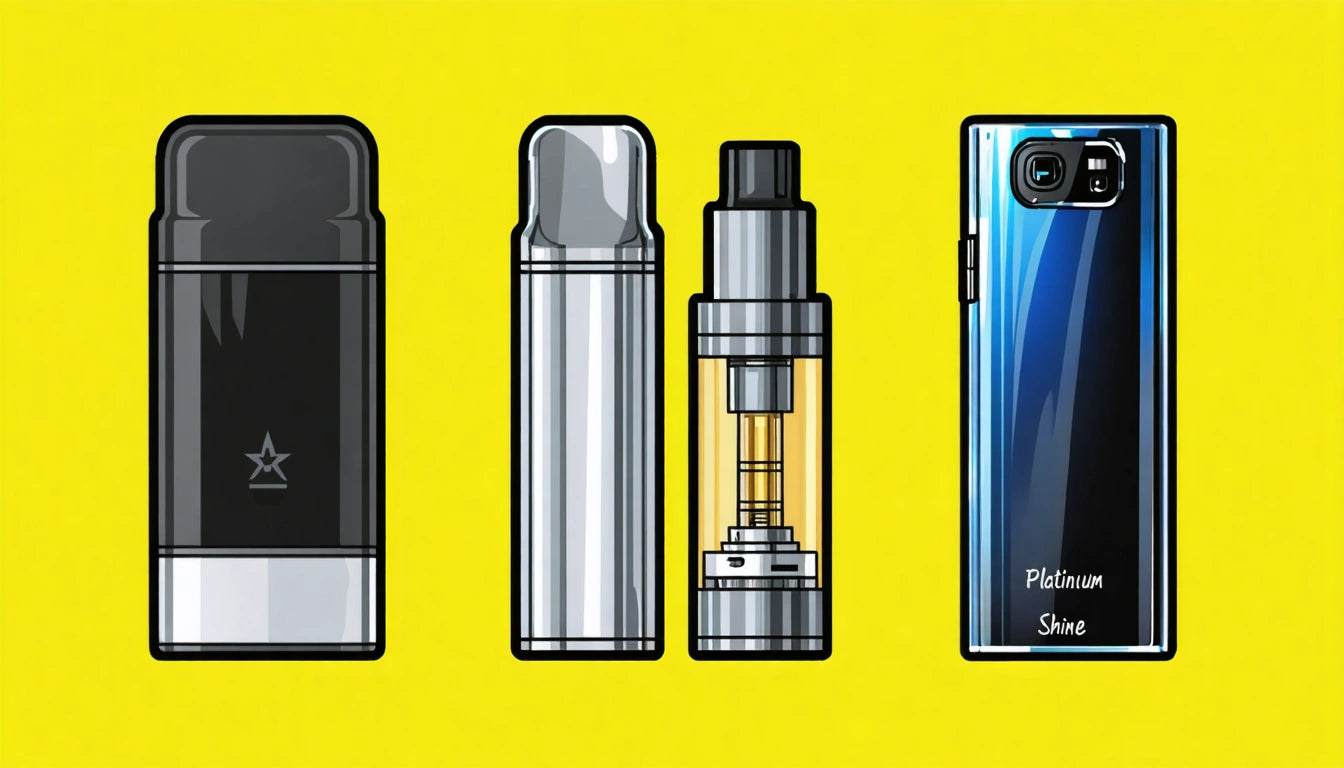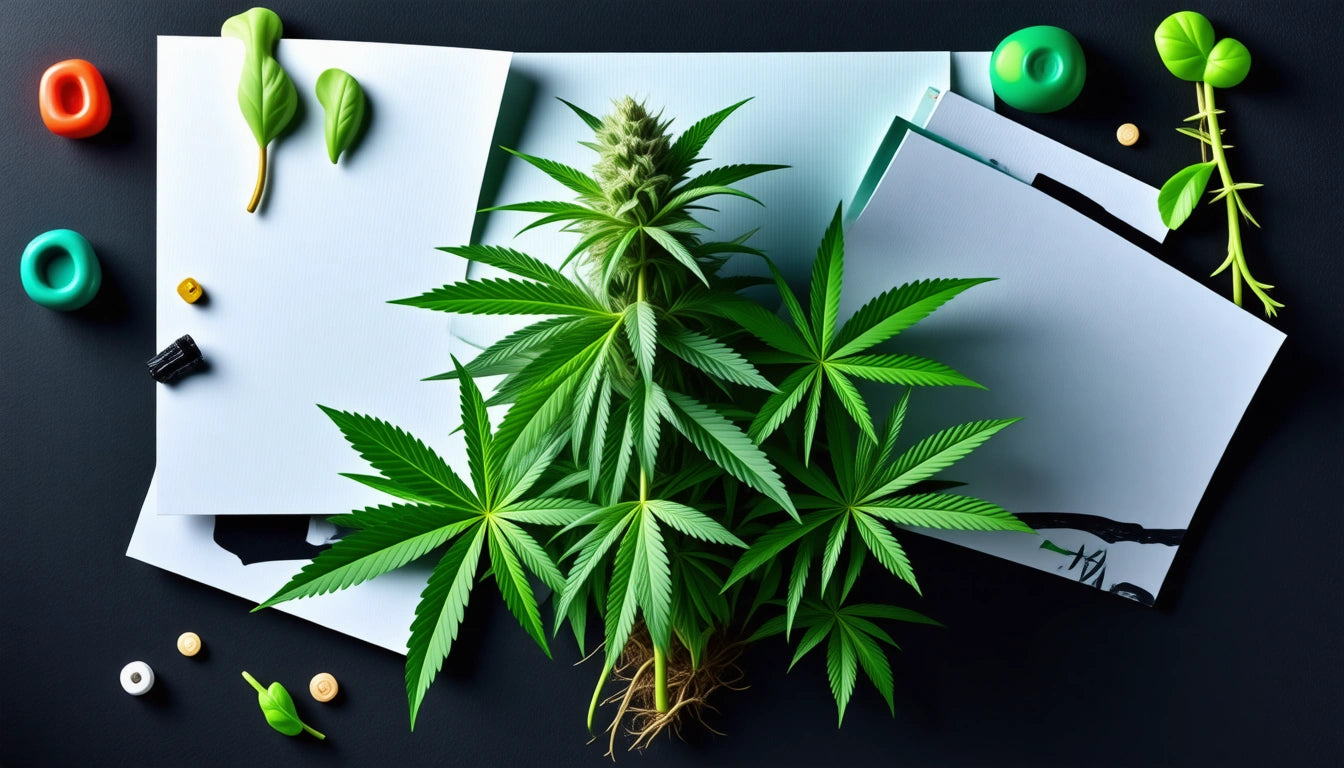Table of Contents
Comparing Potency: Delta-8, Delta-9, Delta-10, and THCA Cannabinoids
The cannabis market has expanded dramatically with various THC variants becoming widely available. Consumers frequently ask questions like "is delta 8 or delta 9 stronger?" and "which is the strongest delta?" Understanding the relative potency of cannabinoids helps users make informed choices about products and dosages. This guide compares the strength and effects of Delta-8, Delta-9, Delta-10, and THCA to clarify their differences.
Understanding Cannabinoid Potency
Cannabinoid potency refers to the strength of effects produced when consumed. This potency is determined by several factors:
- Binding affinity to cannabinoid receptors (CB1 and CB2)
- Bioavailability (how much enters the bloodstream)
- Metabolism rate
- Individual tolerance levels
When comparing cannabinoids, it's important to understand that potency isn't just about psychoactive intensity but also includes therapeutic potential and side effect profiles.
Delta-9 THC: The Standard Reference
Delta-9 THC is the primary psychoactive compound in cannabis and serves as the reference point for comparing other cannabinoids. According to studies comparing Delta variants, Delta-9 produces the most intense psychoactive effects.
How Strong is Delta-9?
Delta-9 THC typically produces:
- Strong euphoria and cerebral high
- Significant alteration of perception
- Potential anxiety or paranoia at higher doses
- Effects lasting 2-6 hours depending on consumption method
Delta-9's binding affinity to CB1 receptors in the brain is extremely high, which explains its potent psychoactive effects. For many users, Delta-9 represents the benchmark for cannabis potency.
Delta-8 THC: Milder Alternative
Delta-8 THC has gained popularity as a "lighter" alternative to Delta-9. User opinions and research suggest Delta-8 produces milder effects.
How Strong is Delta-8?
When asking "how strong is delta 8," most experts estimate it produces approximately 50-75% of Delta-9's psychoactive potency. Users typically report:
- Clearer-headed high with less anxiety
- Milder euphoria
- More functional experience
- Similar duration but gentler onset
For those wondering "is d8 or d9 stronger," the answer is consistently Delta-9. However, many users prefer Delta-8 precisely because of its reduced intensity.
Highlight: When comparing "is delta 8 or delta 9 stronger," Delta-9 is approximately 1.5-2 times more potent than Delta-8, though individual experiences may vary based on product quality and personal biology.
Delta-10 THC: Potency Profile
Delta-10 is one of the newer cannabinoids in the commercial market. For those asking "is delta-8 or delta-10 stronger," most evidence points to Delta-8 having greater potency.
How Strong is Delta-10?
Delta-10 THC is generally considered the mildest of the three delta variants discussed here:
- Estimated at 20-30% of Delta-9's potency
- Often described as producing more energetic, sativa-like effects
- Less sedating than Delta-8
- Minimal anxiety reported even at higher doses
When consumers ask "which is stronger delta 8 or delta 10," research suggests Delta-8 produces more pronounced effects. However, Delta-10's unique profile may be preferable for daytime use or those sensitive to THC.
THCA: Potential Powerhouse
THCA (tetrahydrocannabinolic acid) is the precursor to Delta-9 THC found in raw cannabis. By itself, THCA is non-intoxicating. However, when heated (decarboxylated), THCA converts to Delta-9 THC.
Is THCA or Delta-8 Stronger?
For those wondering "is thca or delta 8 stronger," the comparison isn't straightforward:
- Raw, unconverted THCA is non-intoxicating (weaker than Delta-8)
- Fully decarboxylated THCA converts to Delta-9 (stronger than Delta-8)
- The potency depends on the conversion rate during heating
Understanding the relationship between THCA and Delta-9 helps clarify why products labeled with high THCA percentages can produce strong effects after heating.
Comparing Relative Strengths
When answering "what delta is the strongest," we can establish this general potency hierarchy:
- Delta-9 THC (strongest)
- Delta-8 THC (moderately strong)
- Delta-10 THC (mild)
- THCA (non-intoxicating until converted)
This ranking addresses the common question "what is the strongest delta" while acknowledging that individual responses vary significantly based on physiology, tolerance, and product quality.
Dosage Considerations
Understanding relative potency helps determine appropriate dosing. For example, when asking "how strong is 250 mg of delta 8," consider that this might be roughly equivalent to 125-175 mg of Delta-9 in terms of psychoactive effects.
Suggested starting doses for new users:
- Delta-9 THC: 2-5 mg
- Delta-8 THC: 5-15 mg
- Delta-10 THC: 10-20 mg
- THCA: Variable based on decarboxylation method
Product selection guides can help identify appropriate options based on desired strength and effects.
Safety and Packaging Requirements
Given the varying potencies of these cannabinoids, proper packaging and labeling are essential for consumer safety. Products containing any THC variant should utilize protective packaging systems that prevent accidental ingestion by children while remaining accessible to adults.
Safety considerations include:
- Clear potency labeling (mg per serving)
- Child-resistant packaging for all THC products
- Batch testing information
- Detailed ingredient lists
These measures are particularly important for higher-potency Delta-9 products but apply across the spectrum of cannabinoid offerings.
Future Developments in Cannabinoid Research
The cannabinoid landscape continues to evolve with emerging variants like Delta-11 THC (HHC) generating interest. Questions about "how strong is delta 11" remain partially unanswered as research catches up with market development.
As scientific understanding deepens, consumers can expect:
- More precise potency comparisons
- Better understanding of therapeutic applications
- Improved dosing guidelines
- Standardized testing methodologies
For now, those navigating the world of cannabinoids should start with lower doses of any new compound, regardless of experience with other variants, and adjust based on personal response.











Leave a comment
All comments are moderated before being published.
This site is protected by hCaptcha and the hCaptcha Privacy Policy and Terms of Service apply.